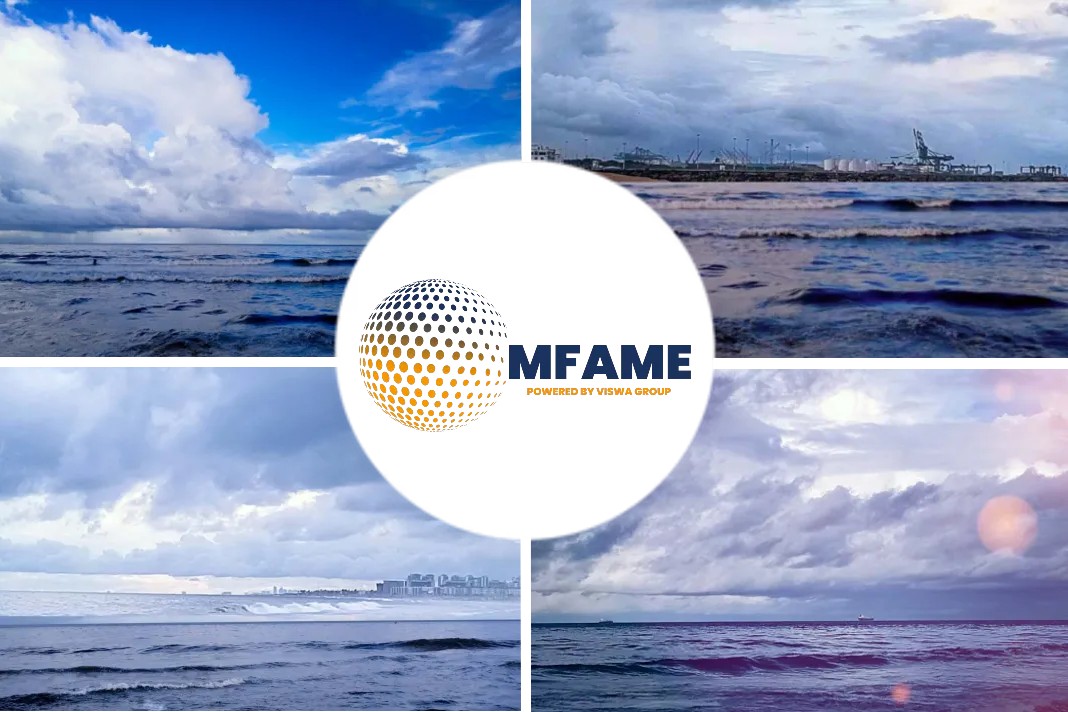According to a Reuters report, the capesize component of the Baltic sea freight index plunged to an all-time low last thursday, hurt by high fuel costs owed to new shipping regulations and a seasonal slowdown worsened by a coronavirus outbreak.
Latest Developments
- The Baltic index, which tracks rates for capesize, panamax and supramax vessels to ferry dry bulk commodities, fell 27 points, or 5.1%, to 498 — its lowest level in over 3 years.
- The capesize index dropped 92 points, or 98.9%, to a record low of 1 point, extending its losing streak to a 35th straight session.
- Average daily earnings for capesizes, which typically transport 170,000-180,000 tonne cargoes including iron ore and coal, dropped $406 to $4,081.
- he International Maritime Organization rules have capped the sulphur content of ship fuel at 0.5% from the start of 2020 unless vessels are equipped with exhaust-cleaning systems known as scrubbers.
-
Foreign evacuees from the Chinese city of Wuhan entered quarantine on Thursday, as deaths from a fast-spreading virus rose to 170 and markets weighed the impact of an inevitable big hit to the world’s No. 2 economy.
-
The panamax index declined 32 points, or 5.1%, to 595, registering its 9th straight session of losses.
-
Average daily earnings for panamaxes, which usually carry coal or grain cargoes of about 60,000 tonnes to 70,000 tonnes, fell $297 to $5,351.
-
The supramax index shed 5 points to 528.
No Scrubbers Effect on Baltic Index
“Ships with a scrubber are capable of running an almost profitable freight rate, but since the Baltic considers only ships without a scrubber, high fuel costs are really bringing down index readings and time charter equivalent earnings,” said Peter Sand, chief shipping analyst at BIMCO.
As the usual pick up in activity after the Chinese new year has been postponed given a coronavirus outbreak, the slump is likely to continue for a few weeks, Sand added.
Did you subscribe to our daily newsletter?
It’s Free! Click here to Subscribe!
Source: Reuters

















